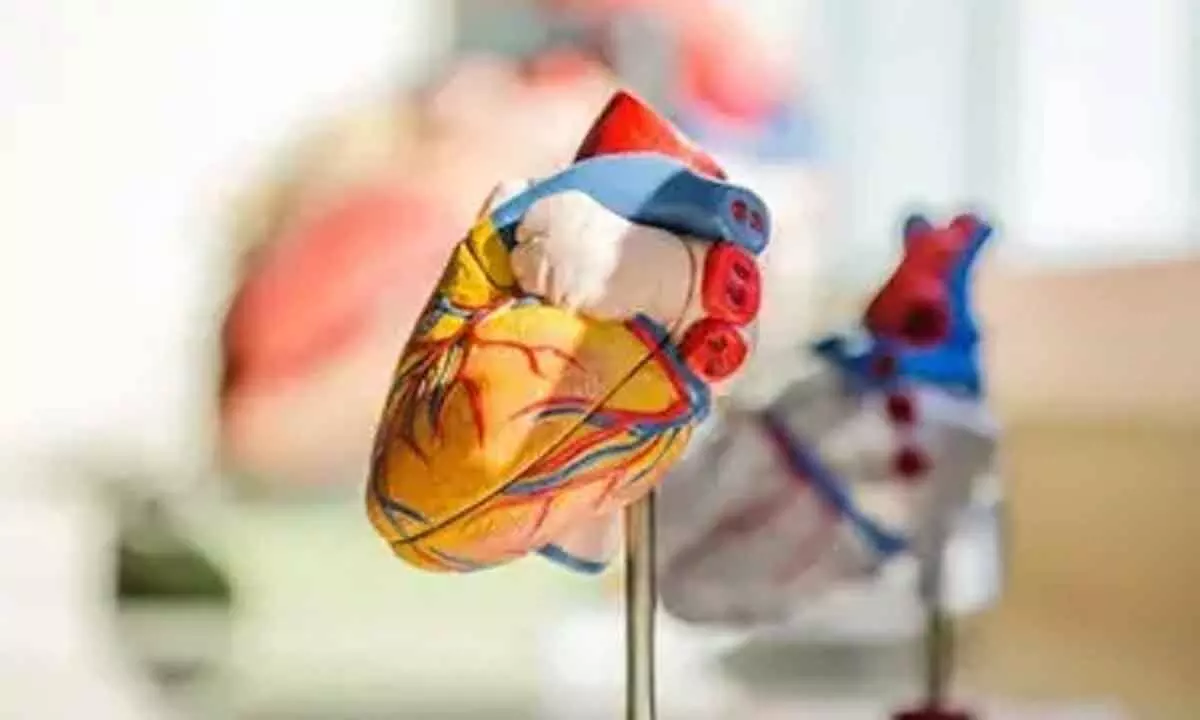Why early cholesterol testing is important
Share :

Dyslipidemia, or high cholesterol, comes with no symptoms, but is a silent killer and a major risk factor for heart disease in India, said health experts on Sunday.
The first-ever Indian guidelines for dyslipidemia management released by the Cardiological Society of India (CSI) early this month, recommended early cholesterol testing, at the age of 18 years, to identify the risk for cardiovascular diseases (CVD) earlier in life.
This comes as recent data from the National Crime Records Bureau (NCRB) showed that India witnessed a staggering 12.5 per cent increase in heart attack cases in 2022 alone.
According to the 2023 Global Burden of Disease (GBD) report, the age-standardised CVD death rate of 272 per 100,000 population in India is higher than the global average of 235 per 100,000 population, indicating a significant CVD burden in the country.
“Hypertension and diabetes have some symptoms but dyslipidemia has no symptom, it is a true silent killer,” Dr J. P. S. Sawhney, Chairman of the Department of Cardiology at Sir Ganga Ram Hospital, New Delhi, told IANS
“Hence, it is recommended to have the first lipid profile at the age of 18 years when a child goes to college,” said Dr Sawhney, adding that “dyslipidemia is the most powerful risk factor of heart disease”.
The expert explained that “the low-density lipoprotein (LDL) cholesterol/non-high-density lipoprotein-C (essentially the bad cholesterol) enters into the arterial wall for the formation of plaque (blockage) in the artery”.
Dr Sawhney noted that risk factors like hypertension, diabetes, tobacco consumption, and stress further push the bad cholesterol into the arterial wall.
“Since high cholesterol has no symptom testing, lipid profile (non-fasting) is the only way to detect its presence. The lipid profile test should be repeated after four weeks of therapy to find out whether the patient has reached its target LDL-C goal according to the risk,” said the noted cardiologist.
He also suggested testing blood pressure and sugar levels along with cholesterol, which can enable early detection, and thereby early lifestyle intervention or medications to prevent fatal heart events later.
“The new lipid guidelines recommend early cholesterol testing to identify individuals at risk for cardiovascular diseases (CVD) earlier in life. Early detection allows for timely intervention to reduce the risks. Prevention is paramount. We need to address risk factors before symptoms develop,” Dr Bagirath Raghuraman, Director of Heart Transplant, Narayana Health City, Bengaluru, told IANS.
Preventing heart disease through early intervention can also reduce the overall healthcare burden by decreasing the need for expensive treatments and hospitalisations associated with advanced CVD, the doctor said.
In addition to early testing, the expert also called for other public health measures to help curb rising heart diseases in the country.
“Public health campaigns to educate people about healthy diets, regular exercise, and avoiding smoking are essential. Implementing regular screening programmes in schools, workplaces, and communities can identify individuals at risk and provide necessary interventions. Educating people about new treatments and preventive measures can support heart health,” Dr Raghuraman said.













